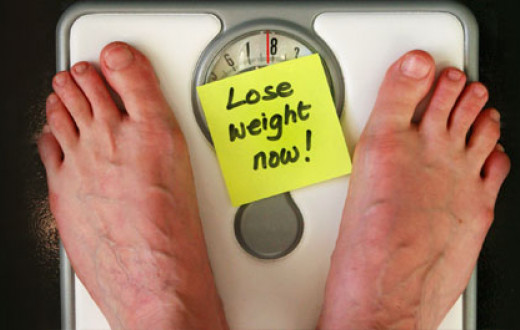Kartik, 30, is a software engineer by profession and a photographer by hobby. His average week comprises of a 45-50 hours’ work schedule. Although he is a fitness enthusiast, his hectic schedule leaves very less time for him to keep his body in shape. Due to the long hours he has to spend in front of the computer, rare breaks and stressing deadlines, Kartik is now a victim of back-ache, fatigue and constipation.
At an age where one is expected to work dedicatedly, we often end up compromising with our health. While many people would agree that a good fitness regime helps keep such risks at bay, it may just not be good enough. Choosing and following a good and healthy diet can help you there. Even with a stressful lifestyle, one can minimize the risks by choosing the right food to eat.
But is choosing the right food enough?
No. Along with the right type of food, we must also learn how to eat it right way. While there is no set guideline to follow, a general idea of do's and don’ts can do wonders.
1. See what you are eating
Observe your present diet. What is it that you eat more? Are you consuming too many calories in your diet and don't have enough time to burn them? Then you should probably consider eating something that is less fattening and easy for your body to digest. A couple of minutes spent doing basic yoga postures will help you burn those extra calories.
2. Choose green leafy vegetables
Make sure to add green leafy vegetables to your diet. They are a rich source of proteins, iron, calcium and fiber. Green leafy vegetables are easy to prepare and quite appetizing too. Also, a short course in Ayurvedic cooking will help expand your menu.
3. Know when to drink water
We all remember studying during school phase that our body is 70% water. It is essential that the body receives its much needed daily dose of minerals through water. Drinking plenty of water helps detoxify the body as well as gives you a glowing skin. Although, we should avoid drinking water during meals as it slows down the digestion process. It is advisable to have water 30 minutes before or after having your food.
4. Include enough proteins in your diet
Proteins are vital for the body and should definitely be included in the diet. Broccoli, soybeans, lentils, asparagus and spinach are some commonly found protein rich foods. Low-fat dairy products are also a rich source of proteins. Insure that your body receives the required amount of proteins daily.
5. Chew your food
Have you seen cow chew their food? A cow chews its food at least 40-60 times.
One of the easiest and obvious ways to digest food is to chew it. Most people often eat their food in a hurry and tend to skip chewing their food properly. While what you eat eventually does get digested, but a barely chewed morsel takes more time and tires your digestive system. Besides, the more you chew your food, the easier it becomes for your stomach to digest it and the more calories you burn moving those jaws.
6. Keep away from fast-food and soft-drinks
Although it may appease your taste buds, fast-food usually does a lot of harm to the body. It can be unhygienic and also high on unhealthy fats like trans-fats. Also, carbonated soft drinks have a high sugar content which may lead to obesity, diabetes and dental caries. Instead of these harmful drinks, choose to refresh yourself with a glass of buttermilk or lemonade.
7. Cook at home
Instead of ordering pizza from the joint around the corner, use your kitchen and make that dish you've been planning on having. You may also prepare your dinner in olive oil rather than sunflower or groundnut oil and make it healthier. Cooking at home is a very good investment as it lets you spend more quality time with your family.
8. Focus on your food
Most of us have our food while texting on the mobile phones or watching television and don’t really keep a count on how much we eat. Though your stomach might be full, your brain tells you that you need to eat more and you eventually end up over-eating. If you focus only on your food then you’ll eat only as much as your body requires. So, the next time you sit down for having your meal keep the remote control and mobile phone away for some time.
9. Never skip your breakfast
Breakfast is perhaps the most important meal of the day as the body prepares itself for the whole day ahead. Make sure you eat a wholesome and rich breakfast before you step out of the house.
10. Digest your food better
While knowing what to eat and how much to eat is important, it always helps if you can boost the process of digestion. Sitting in Vajrasna (Adamintine Pose) for a few minutes after having food helps you there. This particular yogic posture enhances blood circulation in the lower abdomen and improves the digestive process.
A good food habit helps shape your personality. And this is why ancient sages always preferred consuming sattvic food. Learn here what wonders sattvic food can do for you.
A balanced diet helps keep the body fit and active. Yoga combined with good food habits can make you become more energetic, dedicated and focused person in all spheres of life. To learn more how yoga can enhance your life, find out more about the Sri Sri Yoga course here.
Remember, what you eat is what you become. So choose wisely and eat better.





















